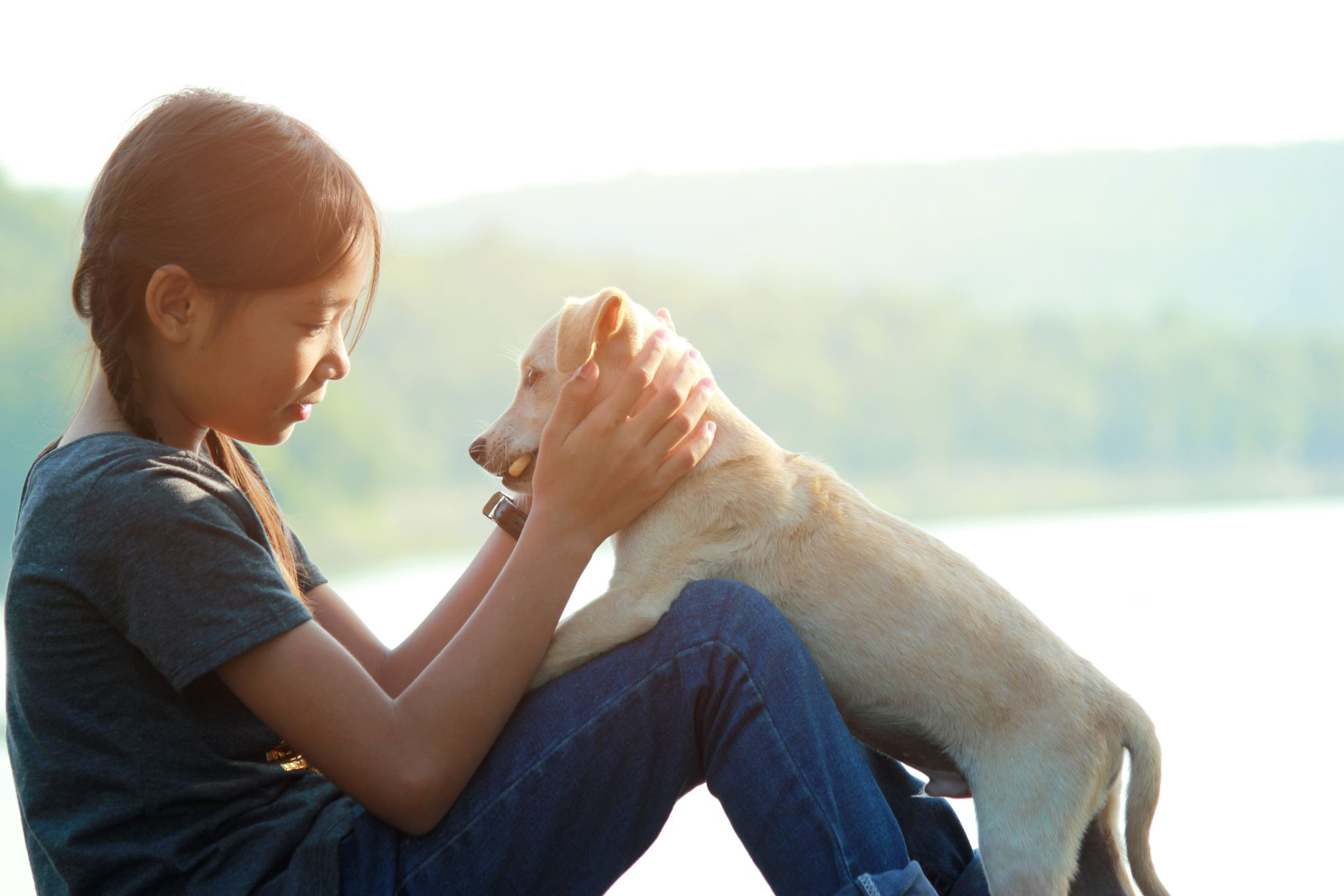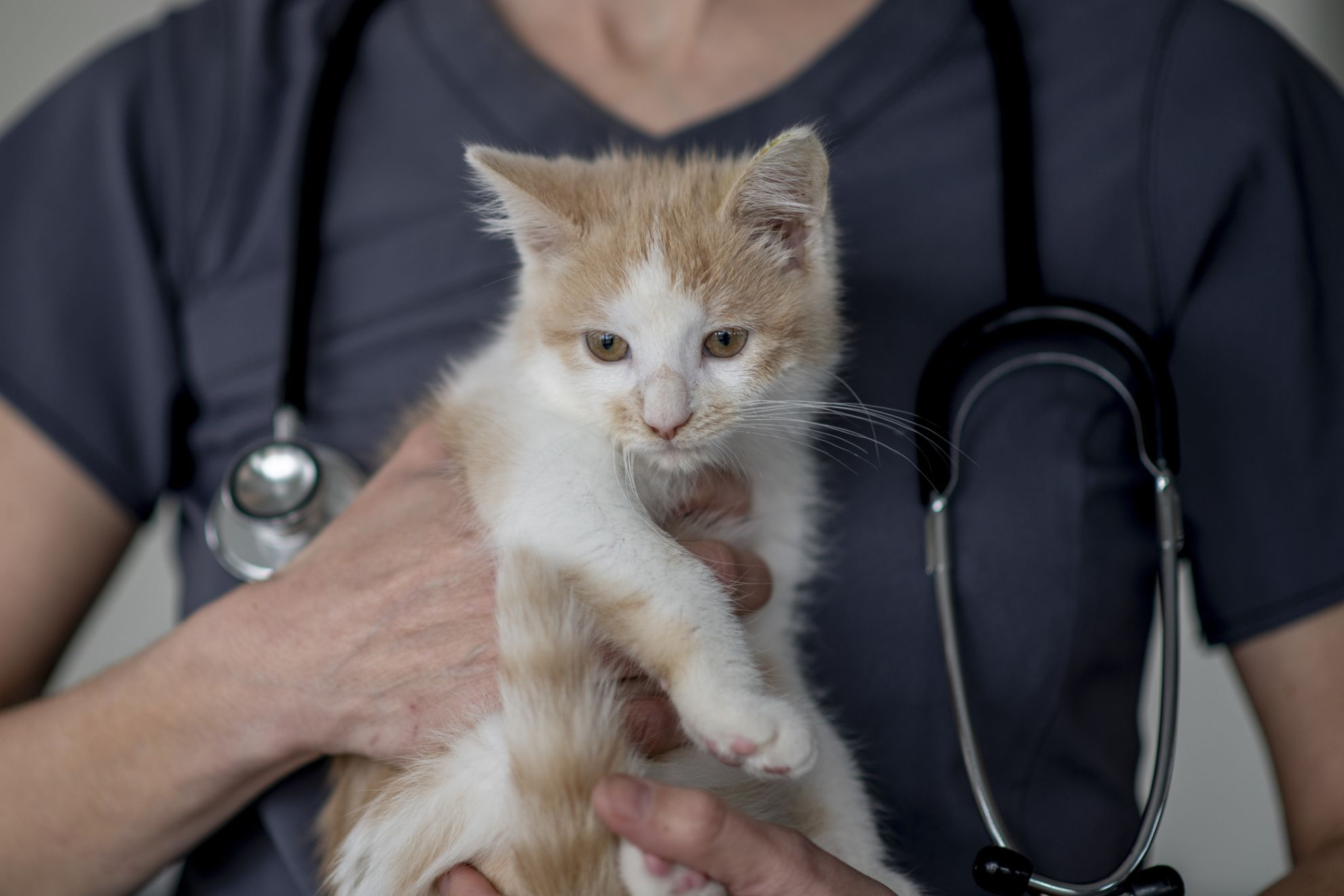An Engaged Approach to Responsible Pet Adoption | Royal Canin
Article

At Royal Canin, we’re passionate about cats and dogs, and believe that they make everyone’s lives better. Since 1968, we’ve been working to help improve the lives of pets around the world through our nutritional expertise. Beyond the quality of our products and services, we have always considered that responsible pet ownership plays a key role in the overall health and wellbeing of cats and dogs. This is why we are committed to championing responsible (pet) adoption.
Too many cats and dogs are abandoned each year: to face this situation we need to take action at the source and help future pet owners to consider just what it takes to welcome a cat or dog into their lives from a shelter, a breeder a friend or even family. With the right level of dedication, future pet owners can make sure that they gain a fulfilled, healthy, well behaved and affectionate family member who will be a pleasure to spend time with. Let’s navigate this journey together.
Four engagements for responsible pet adoption
1. Don’t Take The Decision Lightly
Are you sure that the cat or dog you’ve always dreamed of living with is the best fit to your lifestyle? It is important to consider how much time and living space you can offer a pet. Are you based in the city or the countryside? Do you live alone or are you a family with children? What is your main motivation for wanting a cat or dog? All of these questions, as well as researching the animal and breed characteristics, should be considered before committing to a pet.
Certain dogs require a high level of exercise on a daily basis, so they’ll be most content with an active owner and plenty of space to run around! As well as cats (and dogs) do get lonely when left alone for long periods of time, so if you’re a frequent flyer and live alone, it may not be the best fit. If you already have a pet, think about whether they can adapt to living with a new cat or dog. And of course, it’s important to check that no one in the family or your friendship group has a fur allergy!
Taking the time to research breeds and consider your living environment will ultimately benefit both you and your future pet
2. Get Family Members Involved
Welcoming a new pet means that each member of the household is responsible for their wellbeing, and everyone should understand their role. This includes preparing the living space for your future pet!
If you’re welcoming a cat into your home, it will be necessary to enrich the environment to enable them to express their natural behavior with a cat tree and/or perching shelves, where they can keep a watchful eye on the household. Your cat will also need a litter box in a convenient spot, which won’t trip everyone up. While dogs are perfectly fine at ground level, they will appreciate a quiet and comfy corner where they can settle down for a daytime nap. It's also useful to establish in advance who will be responsible for dog walks, vet appointments, and providing food/water.
If you have young children, it is important to consider this when choosing your pet, for the safety of both animal and child. Both will have to be shown how to take a gentle approach: no biting and no tail pulling.
Learn more about how to introduce a new puppy to your children or welcoming a kitten to the family.

3. Dedicate Time To Your Pet
If you decide to become a pet owner, you should be comfortable spending some of your time with your cat and your dog. Not only will this help you to forge a bond with them, but they will also benefit in terms of development and wellbeing. Active dog breeds will require exercise and play sessions a few times a day, but all pets will be most content on the receiving end of your attention. Cats are considered more independent than their canine counterparts, but they still prefer having their humans around as much as possible for cuddles, as well as stimulation with interactive toys and play sessions when they feel like it. No cat or dog will appreciate being left to their own devices without human company for long stretches of time.

4. Make The Finances Work
Let’s be realistic: the financial commitment of owning a cat or dog lasts a lifetime, beyond the initial cost of bringing them home.
Vet Appointments: Your pet may require microchipping, vaccines and sterilization. They will also need regular vet checkups and occasional unfortunate health issue can happen throughout their life. Discover how to prepare your puppy for their first vet appointment and how to prepare for your kitten first vet visit.
Pet Insurance: Dogs and cats can become sick or get hurt, just like us, so we advise investing in pet insurance. This will help in case of any medical emergencies, which may involve costly interventions, as well as staying on top of their vaccines and general health.
Daily Living and Home Comforts: For both practicality and comfort, your pet will benefit from a range of accessories. Regular purchases include high quality food, cat litter, poop bags, toys and hygiene products. One-off purchases include grooming tools, a cat tree, beds or baskets, a leash, as well as toys, and transport carriers.
See what you will need to provide your pet with - both when they first move in and throughout their life - via the kitten checklist and the puppy checklist.

Professional grooming services may be necessary for long-haired cat or dog breeds, to keep their coat thoroughly clean and at an optimal length so as not to affect their visibility.
Food: Your pet will need top quality food at each different stage of their life. From transitioning to adult or senior food to following a specific diet due to a health condition you’ll have to adapt your pet’s nutrition multiple times to follow the specific needs of your pet at the different stages and events of their life to maintain their good health.
Training: Basic training is essential for your cat or dog when they join the household, regardless of their size and temperament, but professional training is a cost to consider, especially if you’re getting a dog. Not only is it beneficial in getting them to carry out specific activities or tasks, but it can also help them to keep safe and learn how to socialize and behave in society.
Absences: If you’re going away for the weekend or off on a work trip, without your pet, it is essential to find a way to look after your pet like hiring a sitter with whom they feel comfortable or leave them at a local pet pension. People often assume that cats are ok to be left alone for a couple of days, but both cats and dogs can suffer from loneliness.
Being a pet owner can be an extremely rewarding and enriching experience, but it is not a spur of the moment decision.
Registered vets and breeders will also be able to provide you with more details on acquiring a pet in the best/safest way, to help you become a responsible pet owner, making a better world for cats and dogs.
Like & share this page with your friends & family